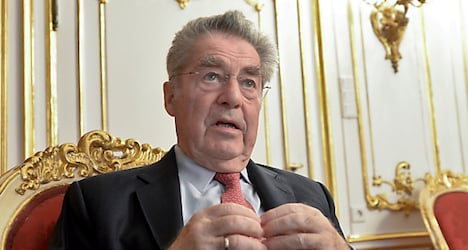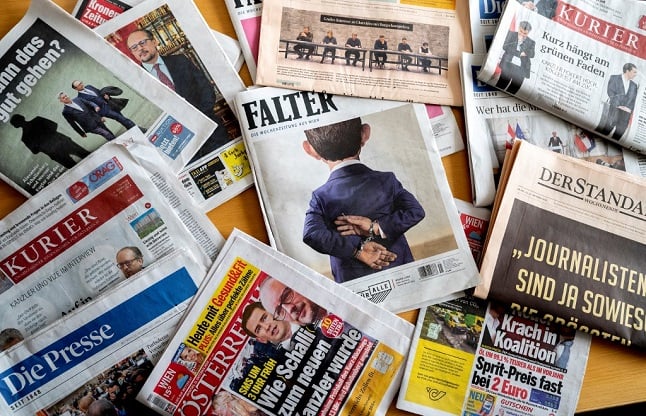On 8 July 2004 Fischer was inaugurated as the eighth President of the Second Republic. His inauguration was tainted with sadness as his predecessor Thomas Klestil died three days before he was due to leave office.
Fischer previously served as Minister of Science from 1983 to 1987 and as President of the National Council of Austria from 1990 to 2002. Furthermore he was one of the most influential politicians in the Social Democratic Party (SPÖ) and he has been very popular since his election as President. The 75-year-old suspended his SPÖ party membership for the duration of his presidency.
His aim has been to build bridges to overcome differences in Austrian society. Nevertheless, his critics have complained that he failed to sufficiently exercise his authority.
However, he has consistently spoken in favour of social justice, taxes on property, and equal rights for homosexuals and minorities like the Slovenian minority in Carinthia.
Fischer supported a coalition between the SPÖ and the conservative People's Party (ÖVP), and got what he wanted after the parliamentary elections in 2006, 2008 and 2013.
Fischer has been married since 1968 and has two grown-up children. His term in office will end in 2016.



 Please whitelist us to continue reading.
Please whitelist us to continue reading.
Member comments